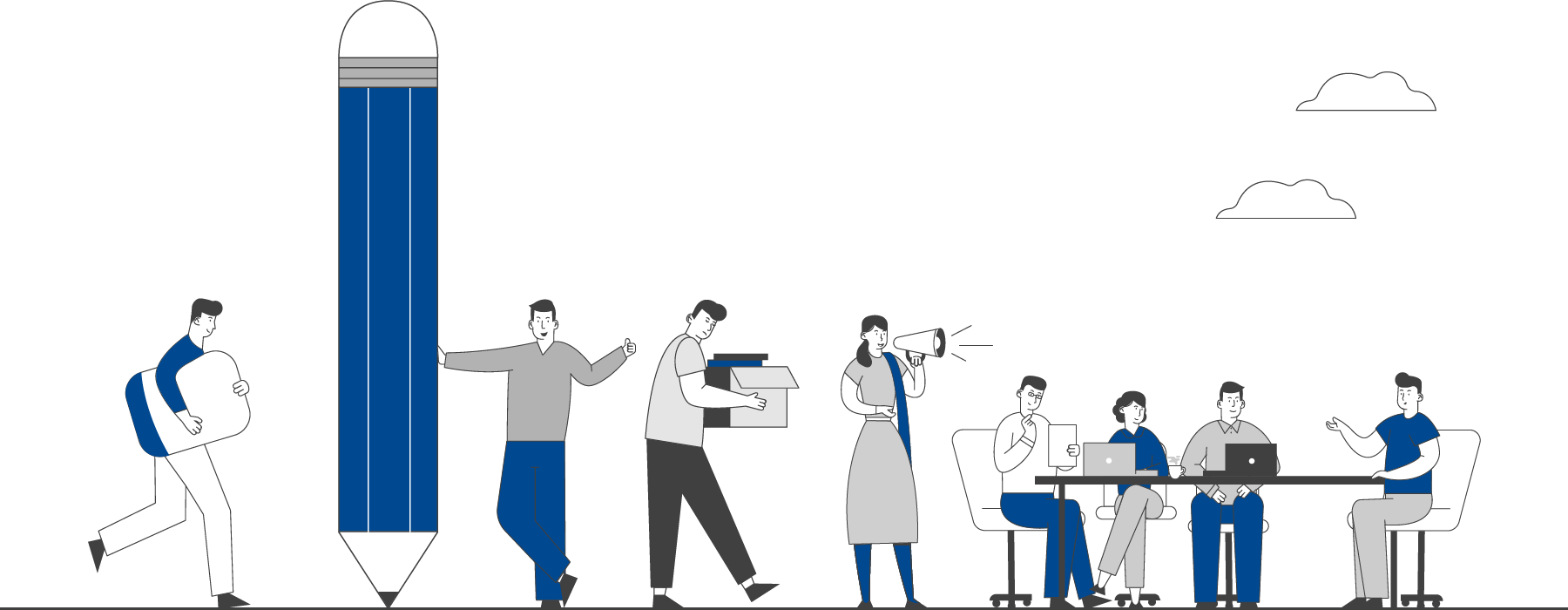

This section hosts guidelines, manuals and toolkits to strengthen public health practice.
Resources
FILTER
BY CATEGORY
View All
Consequences of COVID-19 Crisis for Persons with HIV
19 Nov 2021by Kristie C. Waterfield et al 25 MIN READ
With the indiscriminate spread of COVID-19 globally, many populations are experiencing negative consequences such as job loss, food insecurity, and inability to manage existing medical conditions and maintain preventive measures such as social distancing and personal protection equipment. Some of the most disadvantaged in the COVID-19 era are people living with HIV/AIDS and other autoimmune diseases. Persons living with HIV, who also have other underlying comorbidities, are a disadvantage from the negative consequences of COVID-19. For those that may test positive for both HIV and COVID-19, the increased psychosocial burdens stemming from stress and isolation, as well as, experiencing additional barriers that inhibit access to care, may cause them to become more disenfranchised. Thus, it becomes very important during the current pandemic for these challenges and barriers to be addressed so that these persons living with HIV can maintain continuity of care, as well as, their social and mental support systems. Coordinated efforts from community stakeholders, civil society, public health agencies, and healthcare providers may be essential for addressing health inequities for PLHIV resulting from social stigma and poor access to PPE, preventative services and treatment. Click here to read the article.


 EXPLORE DATA
EXPLORE DATA 



























